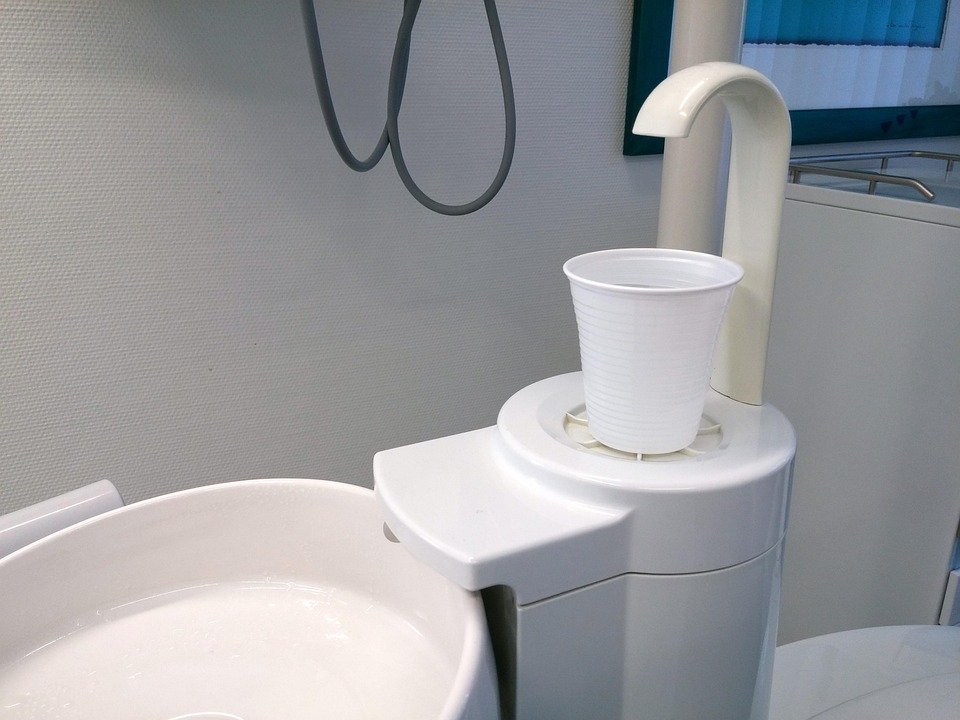You only need to brush once a day
Okay, so my dentist always harps on about brushing twice a day, morning and night. But honestly, sometimes I’m just so tired at night, or running super late in the morning, that I skip it. I always brush at least once a day, though. I’m just wondering if it’s really that bad to only brush once? I use an electric toothbrush and fluoride toothpaste, and I floss maybe… 3-4 times a week? I don’t have any cavities right now, and my gums seem okay.
Specifically, I’m wondering if anyone has actually found that their teeth got worse or they got more cavities when they started only brushing once a day, even if they were otherwise taking good care of their teeth (like flossing and using mouthwash sometimes). I’m not asking for general advice, I just want to hear about actual experiences. Also, does it matter when you brush? Like, is brushing at night more important than brushing in the morning?
Answer
The statement "You only need to brush once a day" is generally incorrect and potentially harmful to oral health. While brushing once a day is better than not brushing at all, it is strongly recommended to brush your teeth twice a day for optimal oral hygiene.
Here’s a detailed explanation:
- Plaque Formation: Plaque is a sticky film of bacteria that constantly forms on your teeth. These bacteria feed on sugars and carbohydrates in the food you eat and drink, producing acids as a byproduct. These acids attack the tooth enamel, leading to cavities (dental caries) and gum disease (gingivitis).
- Frequency Matters: Brushing twice a day helps to remove plaque and food debris more effectively. One brushing in the morning helps remove the plaque that has accumulated overnight. A second brushing before bed is particularly important because saliva production decreases during sleep, making the mouth a more favorable environment for bacteria to thrive and attack tooth enamel. If plaque isn’t removed, it can harden into tartar (calculus), which can only be removed by a dental professional.
- American Dental Association (ADA) Recommendation: The ADA recommends brushing your teeth twice a day with fluoride toothpaste for two minutes each time. This recommendation is based on scientific evidence demonstrating the benefits of twice-daily brushing in preventing cavities and gum disease.
-
Consequences of Insufficient Brushing: Only brushing once a day allows plaque to accumulate for longer periods. This increases the risk of:
- Cavities: The acids produced by bacteria in plaque erode the tooth enamel, leading to cavities.
- Gingivitis: Plaque irritates the gums, causing inflammation, redness, swelling, and bleeding. This is the early stage of gum disease.
- Periodontitis: If gingivitis is left untreated, it can progress to periodontitis, a more severe form of gum disease. Periodontitis damages the tissues and bone that support the teeth, leading to tooth loosening and eventual tooth loss.
- Bad Breath (Halitosis): Plaque and food debris contribute to bad breath.
- Systemic Health Connections: Studies have linked poor oral health to other systemic health problems, such as cardiovascular disease, diabetes complications, and respiratory infections. While the exact nature of these connections is still being researched, maintaining good oral hygiene is considered important for overall health.
- Proper Brushing Technique: It’s not just about how often you brush, but also how you brush. Use a soft-bristled toothbrush and fluoride toothpaste. Brush all surfaces of each tooth (front, back, top), using gentle, circular motions. Pay attention to the gumline. Replace your toothbrush every three to four months, or sooner if the bristles are frayed.
- Flossing: Brushing alone cannot remove plaque and food particles from between the teeth. Flossing once a day is also essential for maintaining good oral hygiene.
-
Other Oral Hygiene Practices: In addition to brushing and flossing, other practices that contribute to good oral health include:
- Using mouthwash (especially a fluoride mouthwash).
- Limiting sugary and acidic foods and drinks.
- Regular dental checkups and cleanings (usually every six months).
In summary, while brushing once a day provides some benefit, brushing twice a day, along with flossing and regular dental checkups, is the recommended standard for preventing cavities, gum disease, and maintaining optimal oral health.

Post Comment